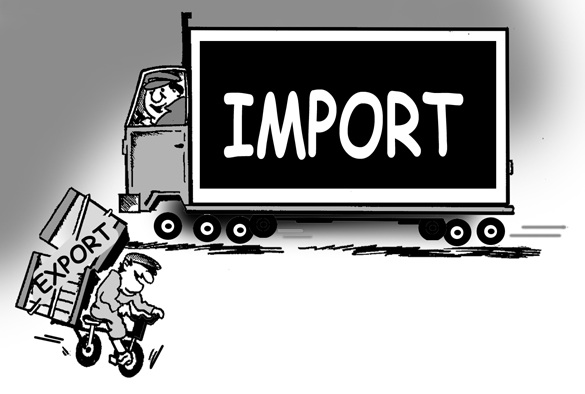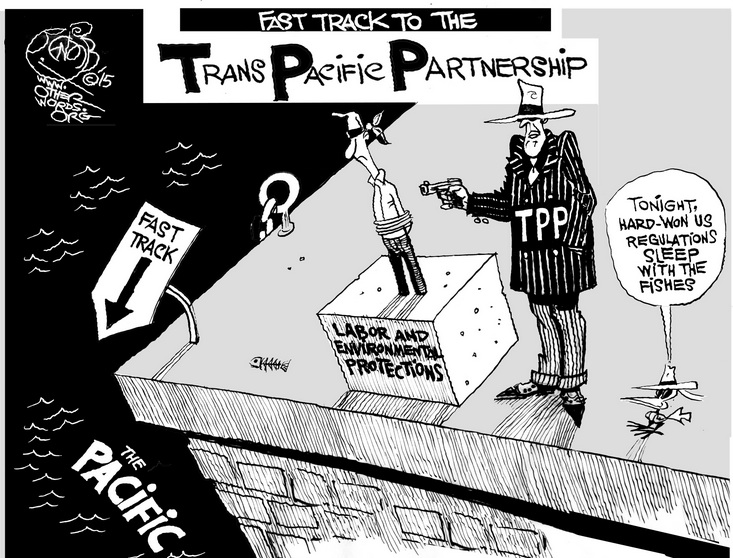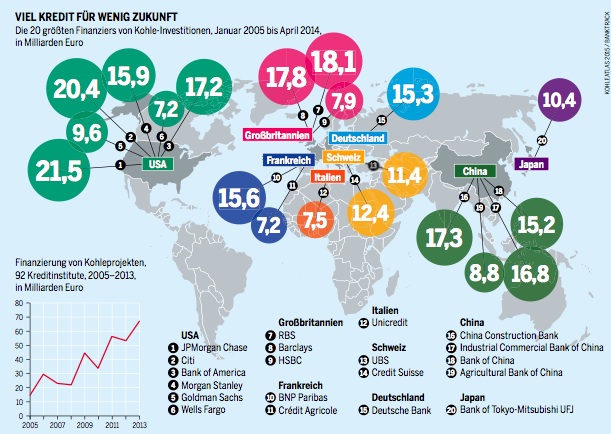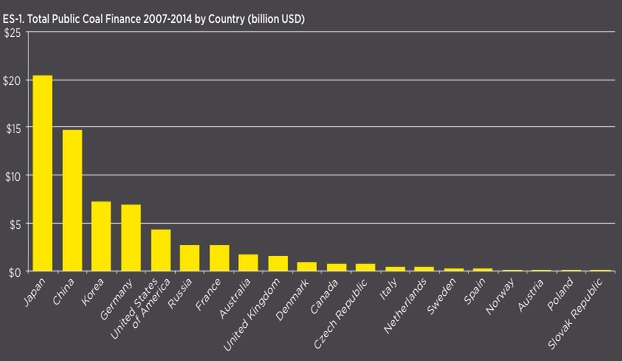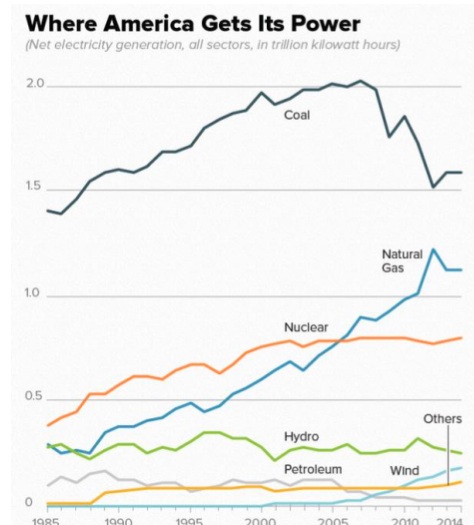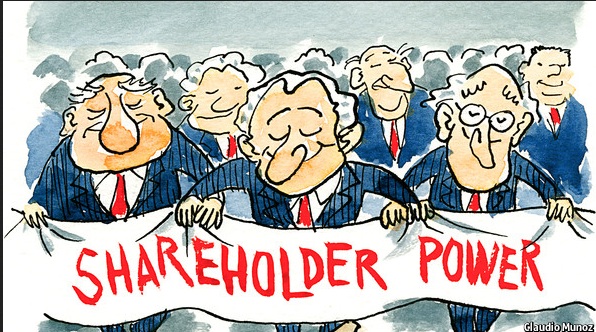China’s top legislator Zhang Dejiang on Monday urged the world’s five leading emerging economies to boost cooperation and play a constructive role in addressing global issues and promoting world peace and development.
The chairman of the Standing Committee of the National People’s Congress (NPC) of China made the appeal here at a parliamentary forum of BRICS, a thriving cooperation mechanism that groups Brazil, Russia, India, China and South Africa.
Although the association is still young, BRICS cooperation has enjoyed good momentum.
Under current circumstances, he said, the BRICS nations need to strengthen exchange and cooperation in the spirit of openness, inclusiveness and all-win cooperation and play a constructive role in tackling global political and economic challenges and promoting the peace and development of mankind.
To that end, the BRICS countries should jointly safeguard world peace and stability as well as international equity and justice and help build a fairer and more reasonable international order, Zhang proposed.
They also should make concerted efforts to advance common development and achieve their respective national prosperity and rejuvenation, he suggested, while urging them to boost practical cooperation in various fields and build an all-win community of common interests.
Meanwhile, the BRICS members need to help improve global economic governance and realize common and balanced development of developing and developed countries, Zhang stressed.
With the BRICS partnership growing closer and reciprocal cooperation getting ever deeper, Zhang said, the legislative bodies of the five countries should make long-term parliamentary cooperation plans from a strategic perspective.
The legislatures, he added, should function as a promoter of the BRICS partnership, a builder of favorable development conditions, a practitioner of practical cooperation and a supporter of institutional construction.
The NPC stands ready to beef up parliamentary cooperation within the BRICS framework, especially in strengthening the rule of law, so as to continuously infuse fresh vigor into BRICS cooperation, Zhang added.
In the final document of the conference, the five countries pledged to put parliamentary cooperation into full play so as to make positive contribution to the deepening of BRICS cooperation.
As this year marks the 70th anniversary of the founding of the United Nations and the victory of the World Anti-Fascist War, all sides agreed to work closely with each other and enable the bloc to play a bigger role in safeguarding the outcome of World War II, improving global governance and boosting multilateralism in and democratization of international relations, said Chong.


